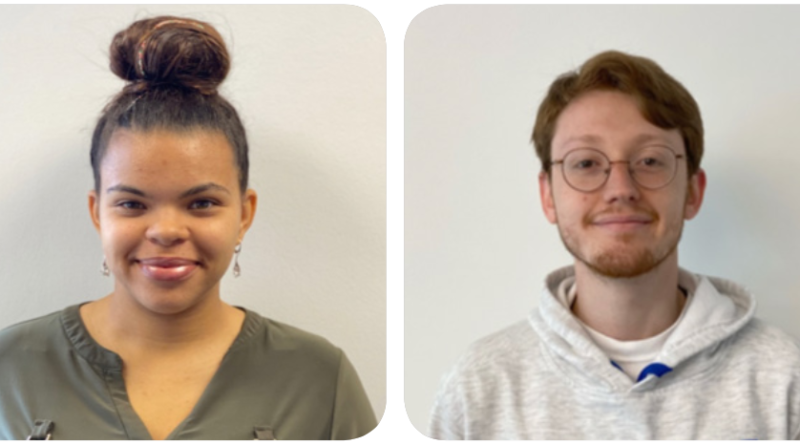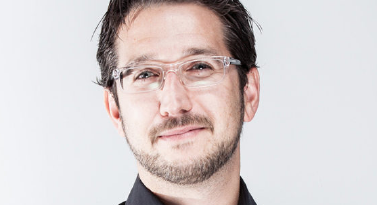Alzheimer’s Disease: Is It A Priority?
Do Lynn University Students Share Maria Shriver’s Passion For Alzheimer’s Research?
On Jan. 29, Maria Shriver came to Lynn to foster conversations with students about her life and advocacy work.
Shriver told students about her past career endeavors, gave them words of inspiration and opened up the floor to questions from curious students. Shriver spoke passionately about the topic of Alzheimer’s disease and emphasized the toll it takes on many Americans.
Shriver attributes her passion for Alzheimer’s activism to her father’s Alzheimer’s diagnosis in 2003 and his tragic passing in 2011.
“I’m very focused on moving through this country and educating people about brain health,” said Shriver. “Because while we don’t have a cure for Alzheimer’s, we do have information that lets us know our lifestyles affect our brain.”
iPulse set out to see if students at Lynn University agree with Shriver’s opinion that Alzheimer’s disease and care for the elderly should be a higher priority than it currently is in America. Here’s what students had to say:
“I believe Alzheimer’s should be something Americans should focus on more,” said Veronica Cichowska, senior multimedia communication major. “It’s actually a great concern of mine for my older family members. Since there are not a lot of studies on how to prevent or treat Alzheimer’s, I am always making sure my older family members are eating brain healthy food and finding new ways to challenge their brain.”
“I believe that elderly care needs to be a priority in American society. The healthcare and insurance systems seek the quickest and least expensive treatment for elderly patients,” said Adam Hurd, senior psychology major. “This causes patients to be going in and out of the hospital on a monthly basis without fully curing or stabilizing their needs. There needs to be reform in elderly care so that each person is given the best treatment based on their needs.”
“It wasn’t until she further discussed this issue [that] I really did think about the lack of care that America tends to have for the elderly. There are many of these adults in homes who may not be getting the care they need, especially those with Alzheimer’s,” said Sarina Adoni, junior psychology major. “Every individual requires a different form of care, and I think more variety in this area is crucial to one’s happiness.”
“I think it is a problem, but it’s nowhere near the top of the list. For instance, healthcare is the category that question would fall under, and that’s not even at the top of the list of America’s problems,” said Cierra Walker, senior biology major. “Americans should focus on broader aspects such as health insurance which would not only help the Alzheimer’s situation but a lot of others.”
“I strongly believe that Alzheimer’s and care for the elderly is something that Americans should be focused on,” said Symantha Gant, junior psychology major. “Maria Shriver mentioned how two-thirds of people with Alzheimer’s are women and that nobody knows why women seem to be more prone to it. I believe that there needs to be more research on not just Alzheimer’s but on women specifically and their connection to Alzheimer’s. Solving the issue for this may open up more knowledge about elderly care as a whole.”
“I definitely think there needs to be more support not just for elders but the people that are taking care of them,” said Kieran Buck, junior psychology major. “Shriver had a really good point when she talked about how caretakers are under appreciated for such hard work, and I really think there should be more benefits for them as well as larger salaries.”


